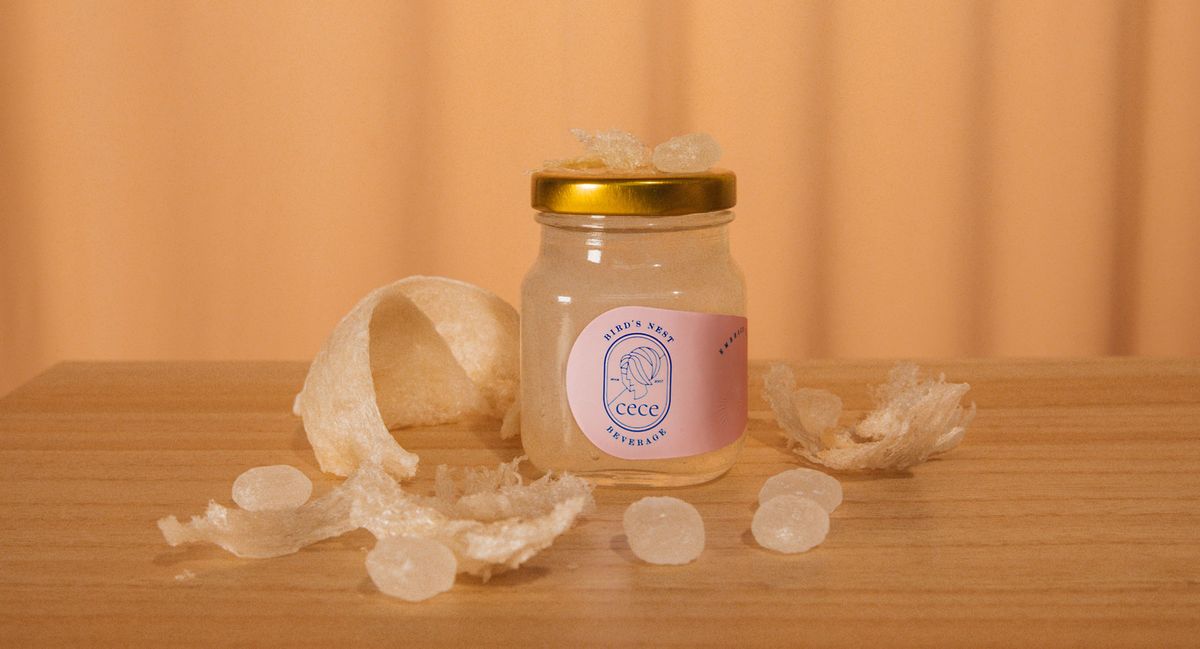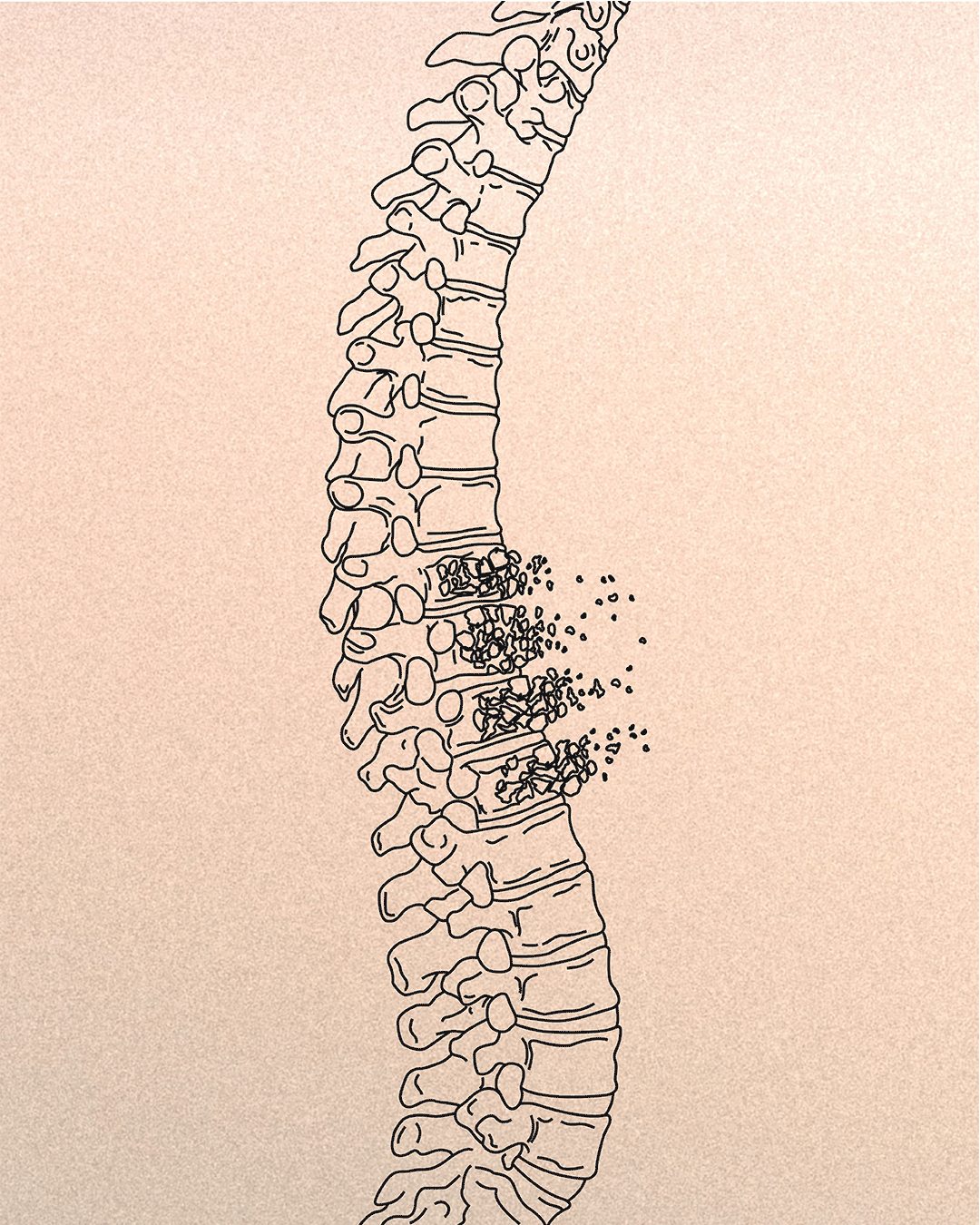
Bird’s nest has been used as a potent functional food in Asia for centuries, but recent studies indicate that consumption of this traditional delicacy may be even more beneficial than previously thought - from anti-aging effects to enhancement of bone strength.

Anti-Aging
Aging is a slow process that gradually impacts our physical appearance. Bird’s nest is scientifically proven to combat aging by promoting collagen production, which helps in improving skin complexion for a healthier and youthful look, and also accelerates wound healing.
Immune System Booster
Bird’s nest is effective against respiratory diseases and could enhance your immunity. Studies showed that the bioactive-rich component in bird’s nest could strengthen your lungs and body's immune system while preventing possible viruses from growing.
Great Source of Protein
Bird’s nest contains 18 out of 20 amino acids that the body needs for growth and tissue repair. This includes 9 essential amino acids — that body can't produce but must come from dietary sources. There are 2 essential amino acids, lysine and tryptophan, that aren't always readily available in plant-based proteins. This makes bird’s nest especially helpful for vegetarians.

Bone Strength Enhancement
Bird’s nest contains calcium which is needed for the body to maintain strong bones. Studies have shown that a lack of estrogen at the onset of menopause may cause rapid bone loss, consuming bird's nest can be an alternative way to increase bone mass.
Brain Development for Infants
The main carbohydrate in bird's nest is sialic acid, which has been found to promote neurological development in infants. Consuming bird’s nest during pregnancy can subsequently improve baby's brain development.
Information written is strictly based on scientific papers. You may find the citations below for your reference.
Haghani, A., Mehrbod, P., Safi, N., Aminuddin, N. A., Bahadoran, A., Omar, A. R., & Ideris, A. (2016). In vitro and in vivo mechanism of immunomodulatory and antiviral activity of Edible Bird’s Nest (EBN) against influenza A virus (IAV) infection. Journal of Ethnopharmacology, 185, 327–340. https://doi.org/10.1016/j.jep.2016.03.020
Lee, T. H., Wani, W. A., Lee, C. H., Cheng, K. K., Shreaz, S., Wong, S., Hamdan, N., & Azmi, N. A. (2021). Edible Bird’s Nest: The Functional Values of the Prized Animal-Based Bioproduct From Southeast Asia–A Review. Frontiers in Pharmacology, 12. https://doi.org/10.3389/fphar.2021.626233
MATSUKAWA, N., MATSUMOTO, M., BUKAWA, W., CHIJI, H., NAKAYAMA, K., HARA, H., & TSUKAHARA, T. (2011). Improvement of Bone Strength and Dermal Thickness Due to Dietary Edible Bird’s Nest Extract in Ovariectomized Rats. Bioscience, Biotechnology, and Biochemistry, 75(3), 590–592. https://doi.org/10.1271/bbb.100705
Join our newsletter to enjoy RM10 OFF on your first order
and be the first to hear about our exclusive updates!
